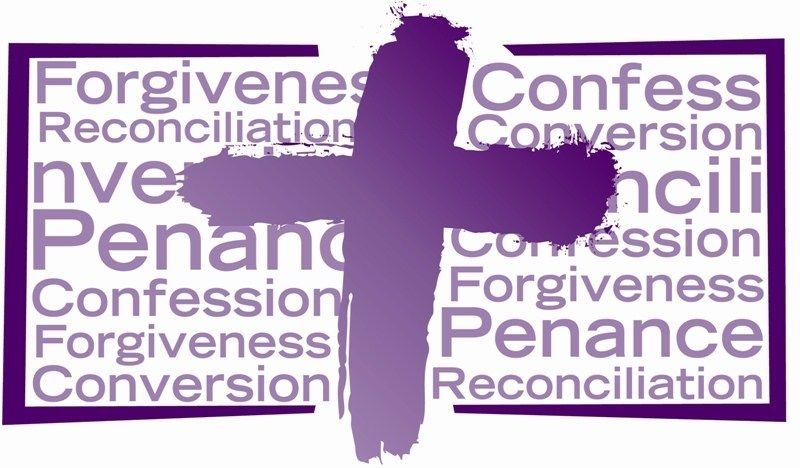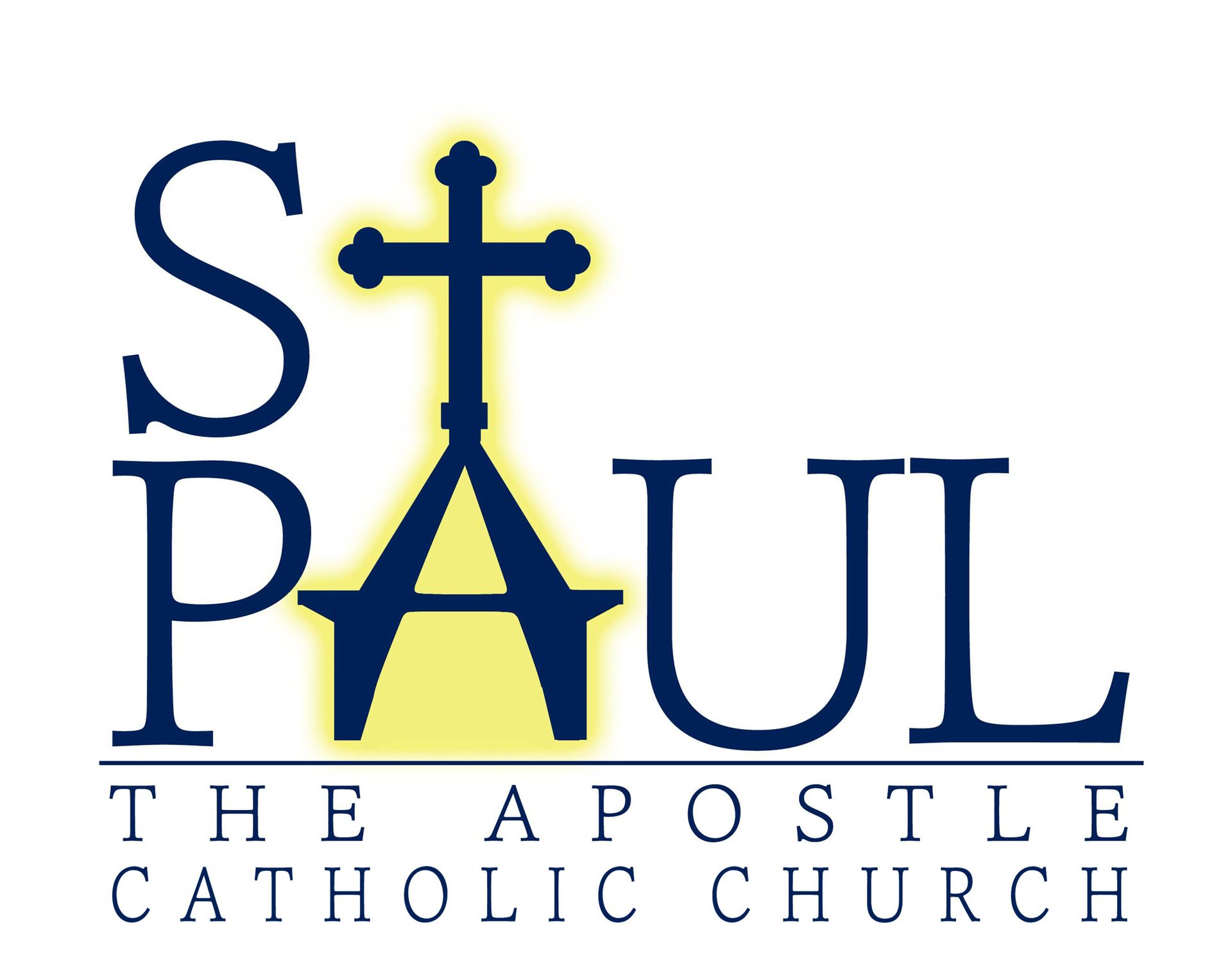Reconciliation
What Is Reconciliation?
Reconciliation (also known as confession or Penance) is a sacrament instituted by Jesus Christ in his love and mercy to offer sinners forgiveness for offenses committed against God.
At the same time, sinners reconcile with the Church, because it is also wounded by our sins.
Every time we sin, we hurt ourselves, other people, and God. In Reconciliation, we acknowledge our sins before God and his Church.
We express our sorrow in a meaningful way, receive the forgiveness of Christ and his Church, make reparation for what we have done, and resolve to do better in the future.

Schedule for Reconciliation:
Saturday: 9:30 AM
Also by appointment;
Please contact Father Bruce to schedule. (563) 322-7994
The forgiveness of sins involves four parts:
- Contrition: a sincere sorrow for having offended God, and the most important act of the penitent. There can be no forgiveness of sin if we do not have sorrow and a firm resolve not to repeat our sin.
- Confession: confronting our sins in a profound way to God by speaking about them—aloud—to the priest.
- Penance: an important part of our healing is the “penance” the priest imposes in reparation for our sins.
- Absolution: the priest speaks the words by which “God, the Father of Mercies” reconciles a sinner to himself through the merits of the Cross.
The Sacrament of Penance is an experience of the gift of God's boundless mercy. Not only does it free us from our sins but it also challenges us to have the same kind of compassion and forgiveness for those who sin against us. We are liberated to be forgivers. We obtain new insight into the words of the Prayer of St. Francis: "It is in pardoning that we are pardoned."
Jesus entrusted the ministry of reconciliation to the Church. The Sacrament of Penance is God's gift to us so that any sin committed after Baptism can be forgiven. In confession we have the opportunity to repent and recover the grace of friendship with God. It is a holy moment in which we place ourselves in his presence and honestly acknowledge our sins, especially mortal sins. With absolution, we are reconciled to God and the Church. The Sacrament helps us stay close to the truth that we cannot live without God. "In him we live and move and have our being" (Acts 17:28). While all the Sacraments bring us an experience of the mercy that comes from Christ's dying and rising, it is the Sacrament of Reconciliation that is the unique Sacrament of mercy.
-From the United States Catholic Catechism for Adults

